
CBS Pulse Interview with Matt Crampton
On April 11, 2016 I published an article on CBS Pulse on on-demand workers and the Gig Economy
Read ArticleThe interiew is pasted below as well...
The Rising Gig Professional
By Matt Crampton of Gigwalk
In recent months, news of on-demand workers undertaking jobs that have low barriers to entry has dominated the headlines as high-profile lawsuits against Uber, Lyft, GrubHub, Washio, Handy and others continue to pile up. All are charging such companies with miscategorizing their workers as independent contractors instead of employees, an important distinction because contractors by law have greater freedom and flexibility than employees without the same legal and financial protections.
Behind the media spotlight, however, there’s another trend quietly emerging, one that suggests that on-demand work technologies have more to offer than just right-time right-place labor. In fact, a survey conducted by Gigwalk found that the highest percentage of on-demand workers — 58 percent — are professional service providers. Increasingly, forward-thinking companies are harnessing on-demand technologies to pair business strategists, lawyers, programmers, designers and other professionals possessing specialized skills with companies who have specialized needs.
It’s hard to see these transactions as anything but win-win. Consider, for example, British consulting firm Eden McCallum. Since its 2000 founding, the firm has only employed freelancers, mostly seasoned consultants. Without the large costs of line items like recruiting, unbillable time and business-district real estate, the firm is able to offer its clients — many of which are small companies with small consulting budgets — lower rates. Its freelancers, meanwhile, report that they are happier either consulting on a part-time basis or continuing to work full-time without the peripheral duties that being a partner or senior associate at a traditional consulting firm entails.
The model seems to work; Eden McCallum has since expanded its offices to Amsterdam and Zurich, and says it will debut a New York office later this year. Stateside, L.A.-based Business Talent Group has been doing something similar since 2007 for client-businesses seeking short-term executive expertise.
The obvious efficiencies of this on-demand professional model also extend to other traditionally cost-intensive industries, like medicine. Pioneers in telemedicine — which uses telecom, video and other communication technologies to provide health care from a distance — are improving access to care for patients who live in underserved, rural areas or who can’t otherwise travel to their doctor’s offices.
So what do these developments suggest about what the professionals of 2020 — or even 2030 — will look like?
I believe that the ranks of gig professionals — the doctors, coders, consultants and others who man this burgeoning market’s demand — will continue to swell because the on-demand model represents another stop along the continuum of the more empowered worker. It’s no secret that happier workers are more productive, and that the rise of flexible work arrangements revealed that everyone desires flexibility. Consistently, both high-wage and lower-wage on-demand workers report that the flexibility to set their own schedules and work when and where they want rank as the prime reasons they choose on-demand work.
While flexibility and the ability to set your own work hours is highly desired, having stability and a security net is equally important. I agree with the premise set forth by 40 tech, public policy and labor leaders in their open letter calling for a social safety net for today’s workers: That supporting both flexibility and stability benefits everyone — workers, businesses and society at large. We’re already seeing the stability conversation take small steps into the legislative sphere with proposals like Obama’s 2017 budget, which dedicates funds for pilot programs that will innovate around how best to stimulate workers saving for retirement.
Without a doubt, we have legal and regulatory hurdles to overcome to achieve an on-demand model that works for everyone. But today’s on-demand professionals are giving us a glimpse into how, at its best, the on-demand model and its resulting efficiencies have the potential to dramatically improve work and life for both these professionals and their clients.
Matt Crampton is CTO & Founder of Gigwalk, a powerful and versatile mobile technology that lets companies easily find the right workers, manage distributed teams, get real-time visibility into what’s happening on the ground and much more.
To: @mattccrampton
0
Other Posts

Kalamazoo native is a force behind Gigwalk, a new cellphone app that puts iPhones users to work On May 15, 2011 I was interviewed By......
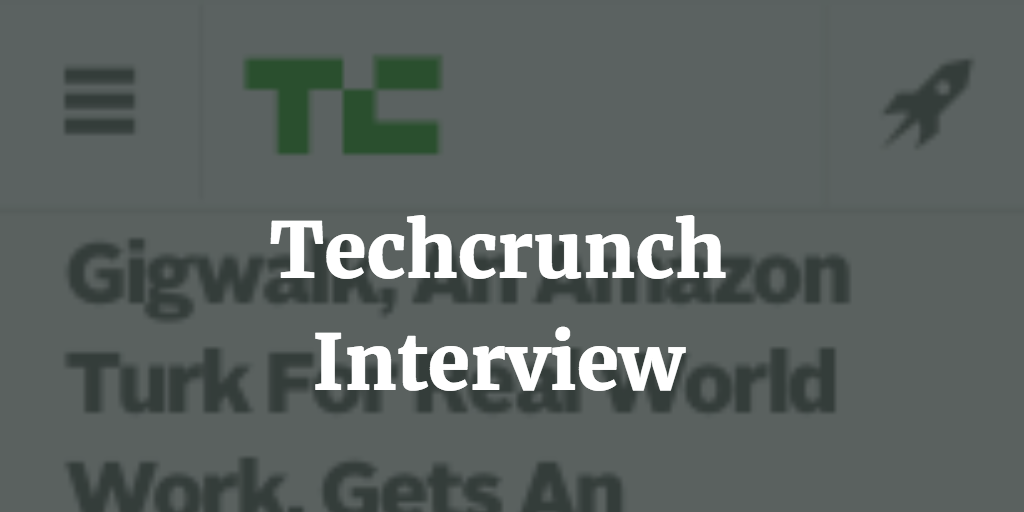
Techcrunch Interview on Gigwalk with Matt Crampton On Feb 20, 2013 I was interviewed by Sarah Perez on Gigwalk and the Gig Economy Read Article......
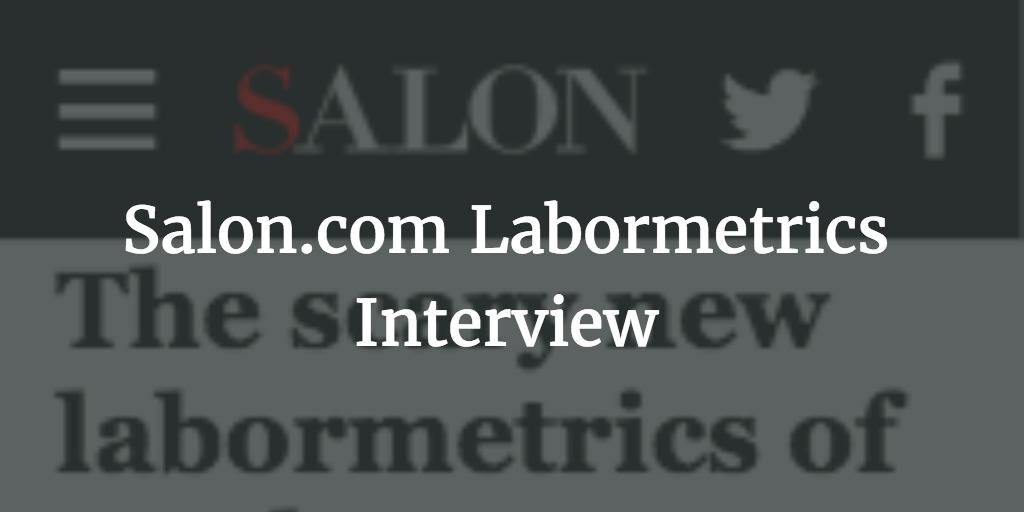
Salon.com Labormetrics Interview with Matt Crampton On 08-16-2013 I was interviewed by Andrew Leonard for Salon.com on labor and the Gig economy. Read Article The......
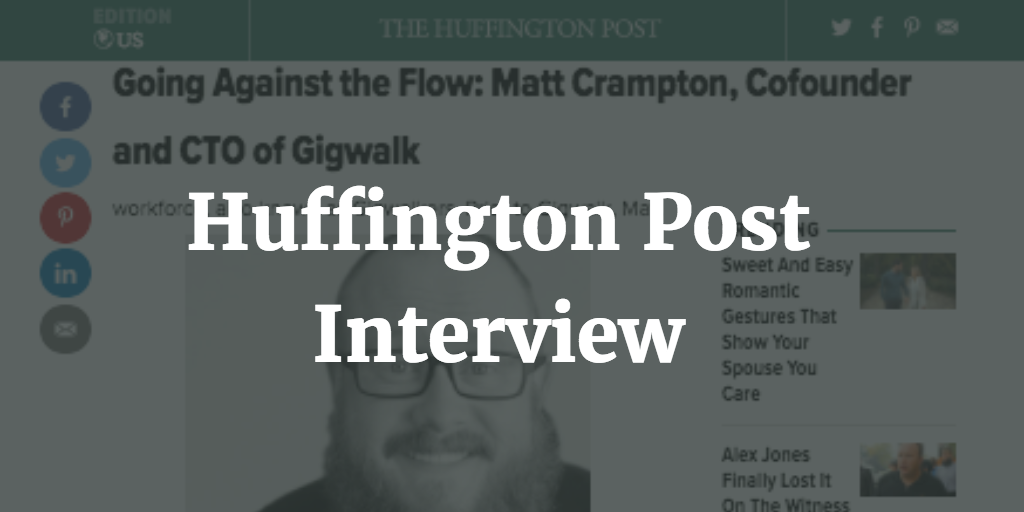
Huffington Post Interview with Matt Crampton On 03/16/2015 I was interviewed by Charu Sharma for The Huffington Post on Gigwalk and going against the flow.......
Silicon Valley Business Journal - Best CIO: Matt Crampton On June 20, 2014 I was nominated as best CIO by Silicon Valley Business Journal Read......

When exporting photos from a service like Flickr, perhaps after they've given notice that they're going to delete our photos if you don't subscribe to......
Other Software Development Blog Posts















Other Blog Posts


Media Appearances


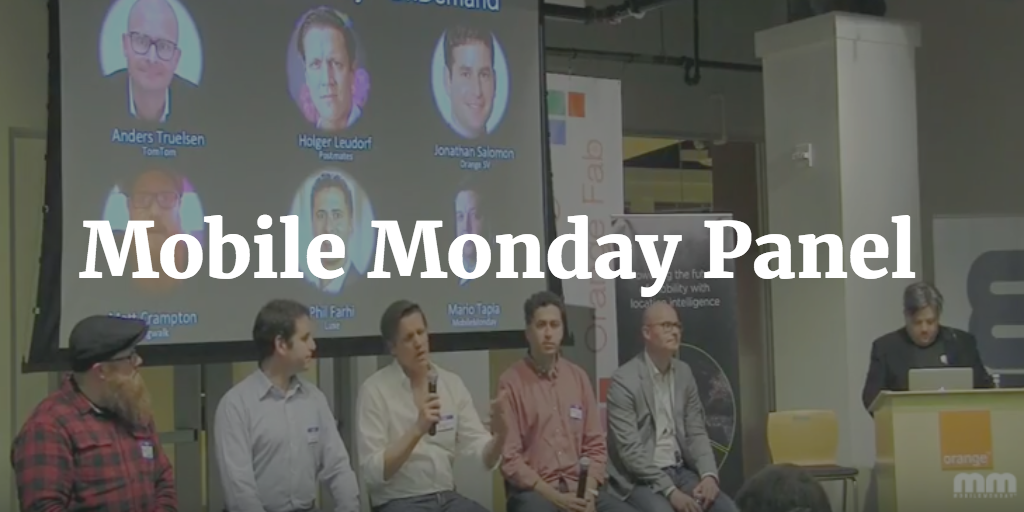
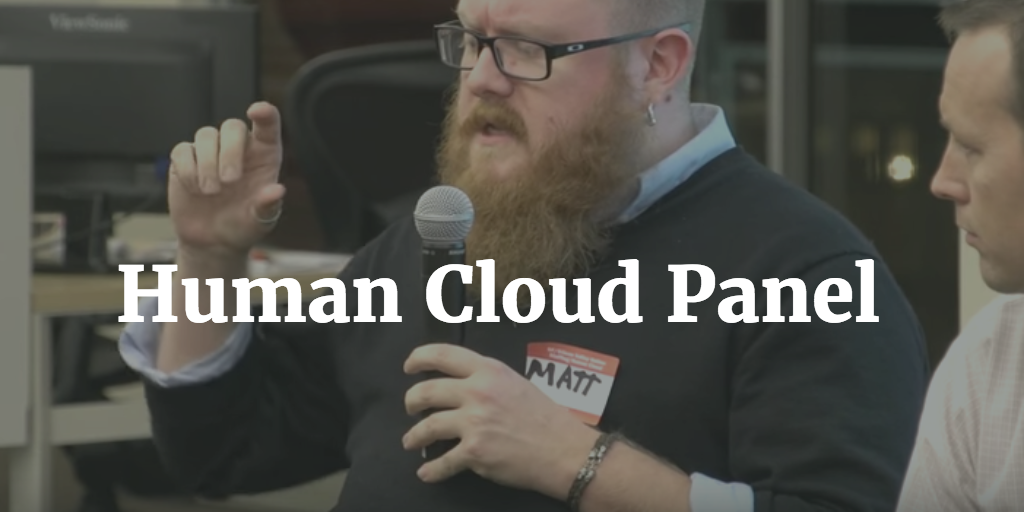


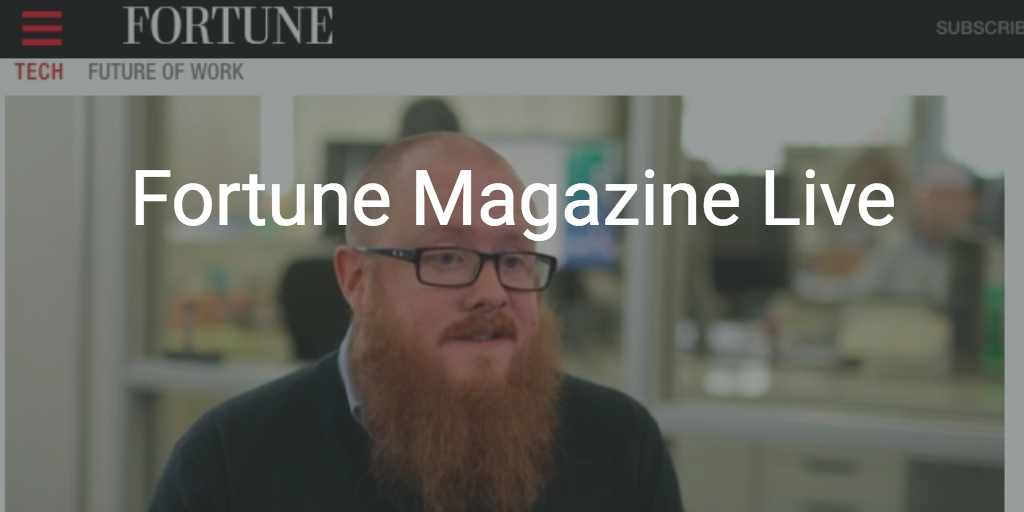

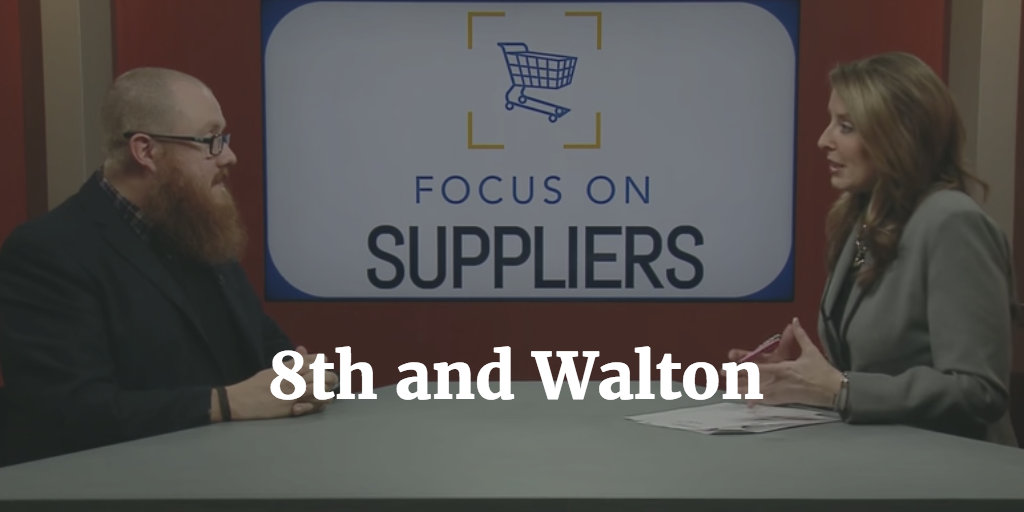
Print Interviews




